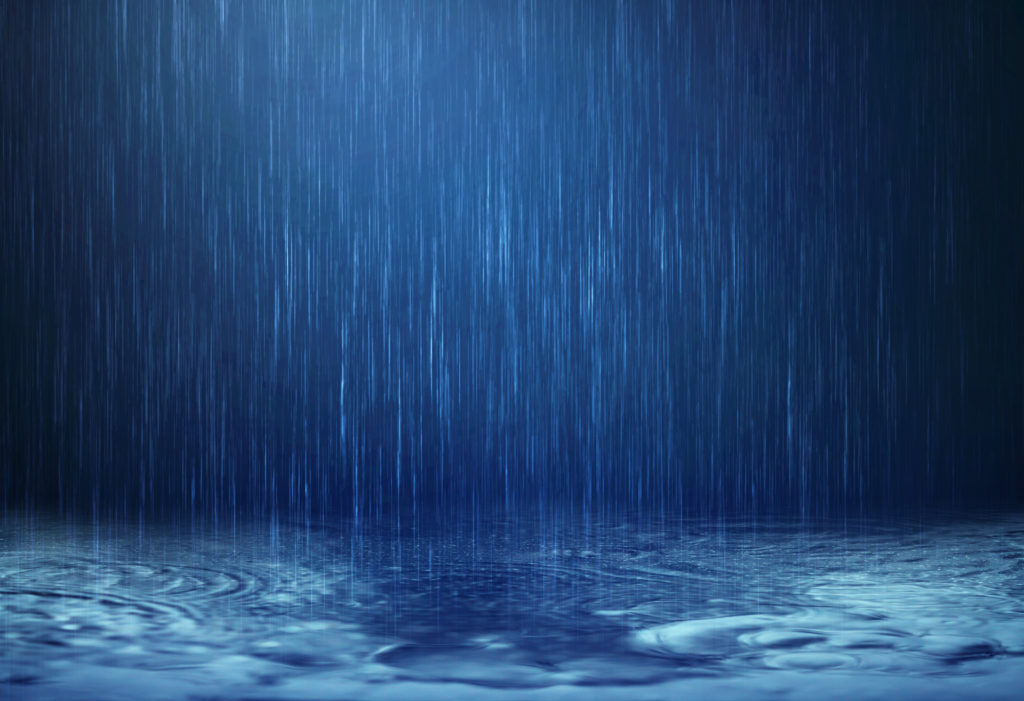Rain, Rain, Go Away, Come Again Another Day

Rain, Rain, Rain, and More Rain. Is it time to see the correlation and danger of warming the planet?
Texas and Louisiana are still flooded from a week of unrelenting rain in the aftermath of Hurricane / Tropical Storm Harvey. In addition to the record levels of direct rainfall, there is the problem of “runoff” where the water flows to lower ground or downstream, getting even deeper–– sometimes many miles from the actual site of the rainfall.
Unfortunately the reality is that we need to get accustomed to record levels of rain. More rain is simply a function of a warming ocean. By the simplest principles of physics, the water evaporates putting water molecules and heat energy up in the atmosphere in much higher volumes than we ‘normally’ experience.
Flash floods, many with fatalities are becoming frequent. Just Looking back at my recent blog posts, I have covered flash floods from Maryland, to Arizona, Louisiana and Texas — even before “Harvey” and internationally in England and China. In the news this weekend, India is having rain at truly catastrophic levels. Do we see a pattern here?
The fact is that as long as we keep warming the planet with the unrelenting increase in carbon dioxide and other greenhouse gases, this phenomenon is almost certain to get worse. The moisture will come down as unprecedented rainfall –– or snow, if the local airmass is below freezing.
Paradoxically the above normal temperatures will also cause droughts and wildfires outside of historical patterns. We need to anticipate more of them too –– also basic effects of a warmer planet.
Preparing for this new era of extreme rainfall will be a huge challenge. While there are differences in terms of preparing for the flooding from storms, extreme tides, rainfall, runoff, and rising sea level, the similarities may help us to confront the “water challenge” in a bold and thorough manner.
At the simplest level, I believe we must do two things simultaneously with urgency:
- Tell elected representatives that confronting climate change is the highest level priority; that it will affect how we vote; that they should enact policies to transition off fossil fuels, as urgently as possible. This problem is not secondary to jobs and the economy. Weather catastrophes affect agriculture, public health, and the very existence of communities. Thinking of this as some “environmental issue” misses the gravity of what is at stake. Without any partisanship, I encourage everyone to tell our members in Congress — and the President — that we see a connection between exteme weather and climate change.
- Begin designing buildings, infrastructure and communities to take into account these extreme abnormal conditions of too much water––both the water coming down as rain, as well as the water coming up as rising sea level.
Given the strong association of Texas and Louisiana with the fossil fuel industry, perhaps the message of “Harvey’s” devastation will have extra impact. It could even be a turning point in the debate and denial about the effect of greenhouse gases to change our weather. That would be a silver lining to the Texas tragedy.
